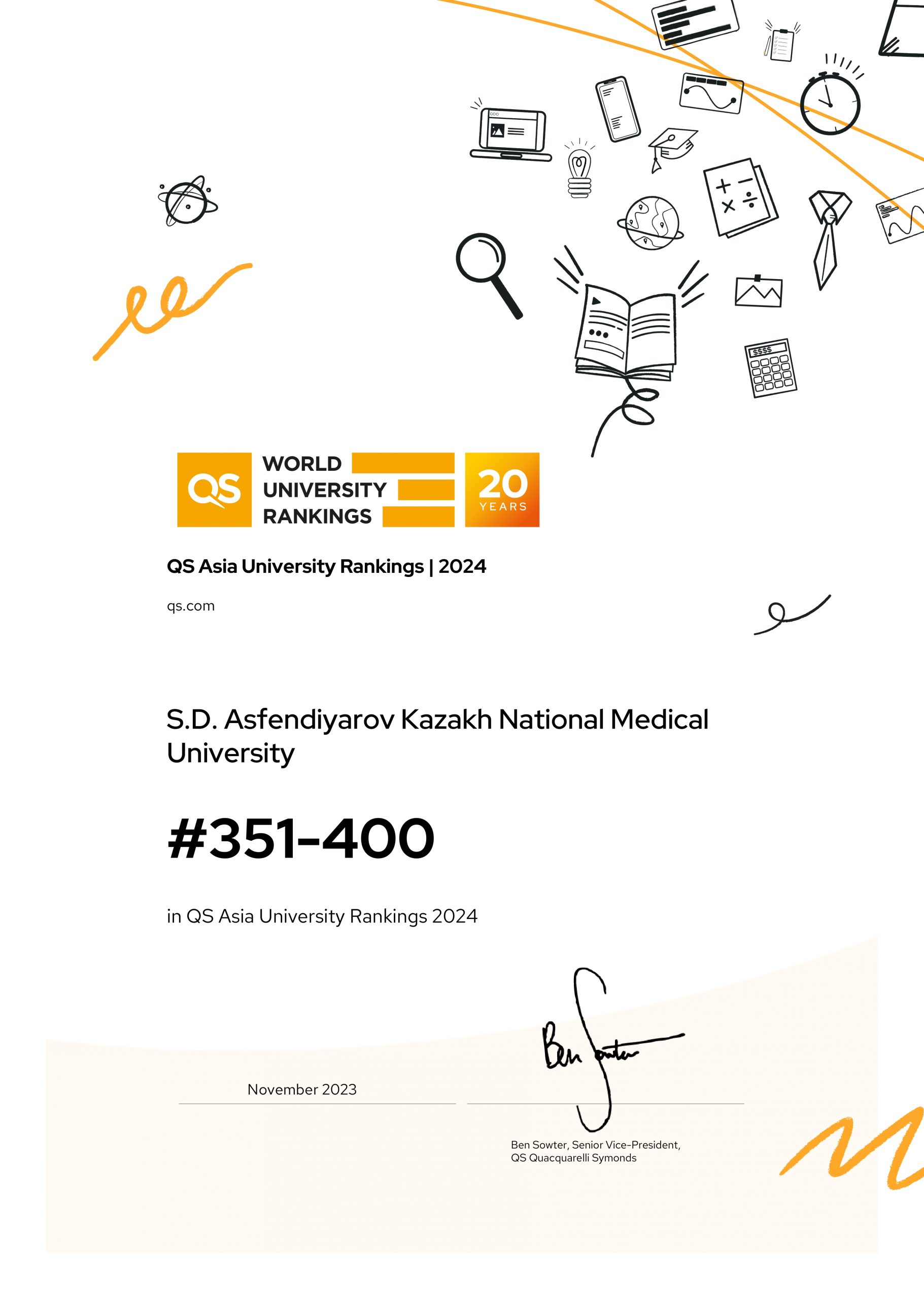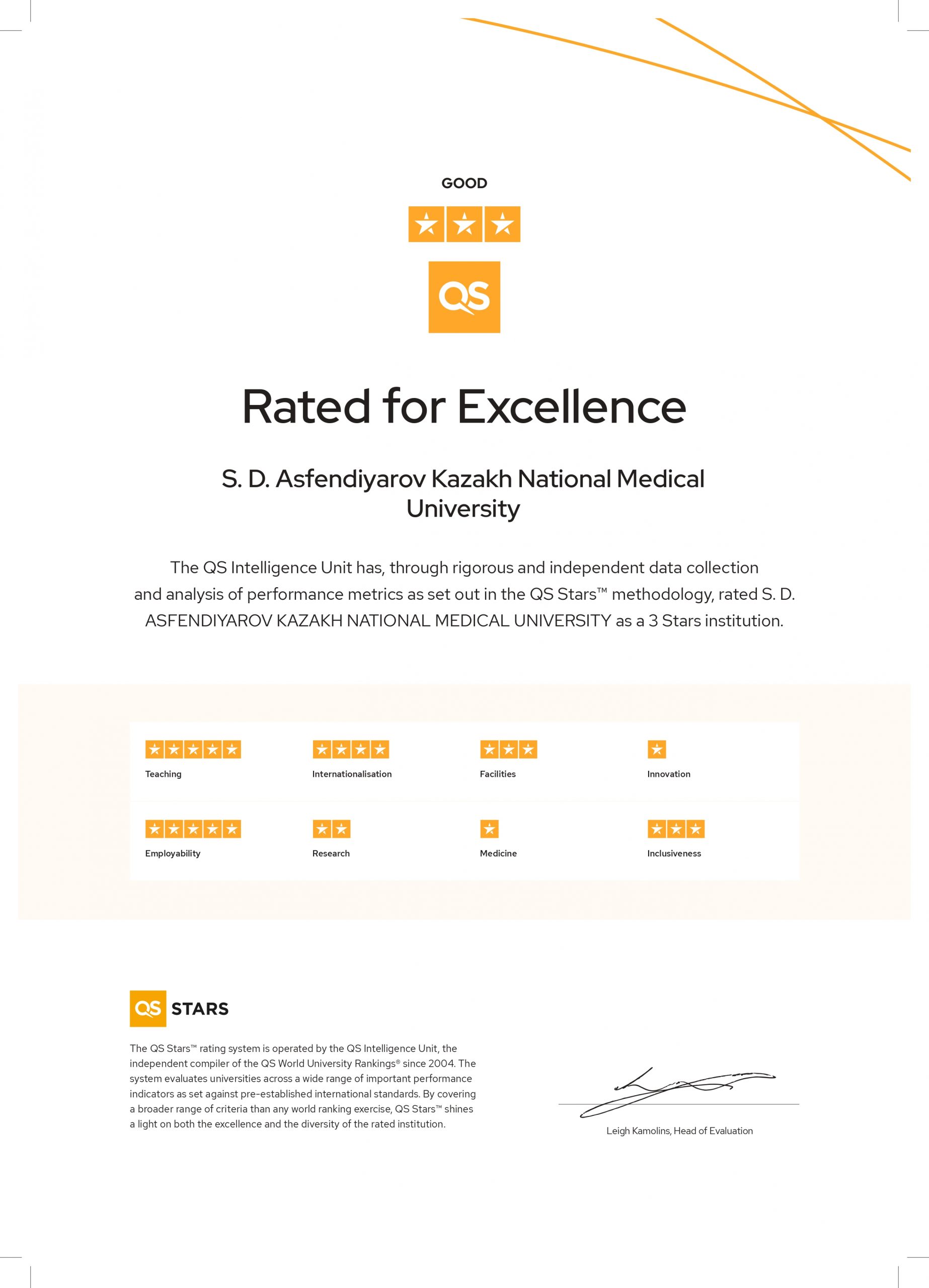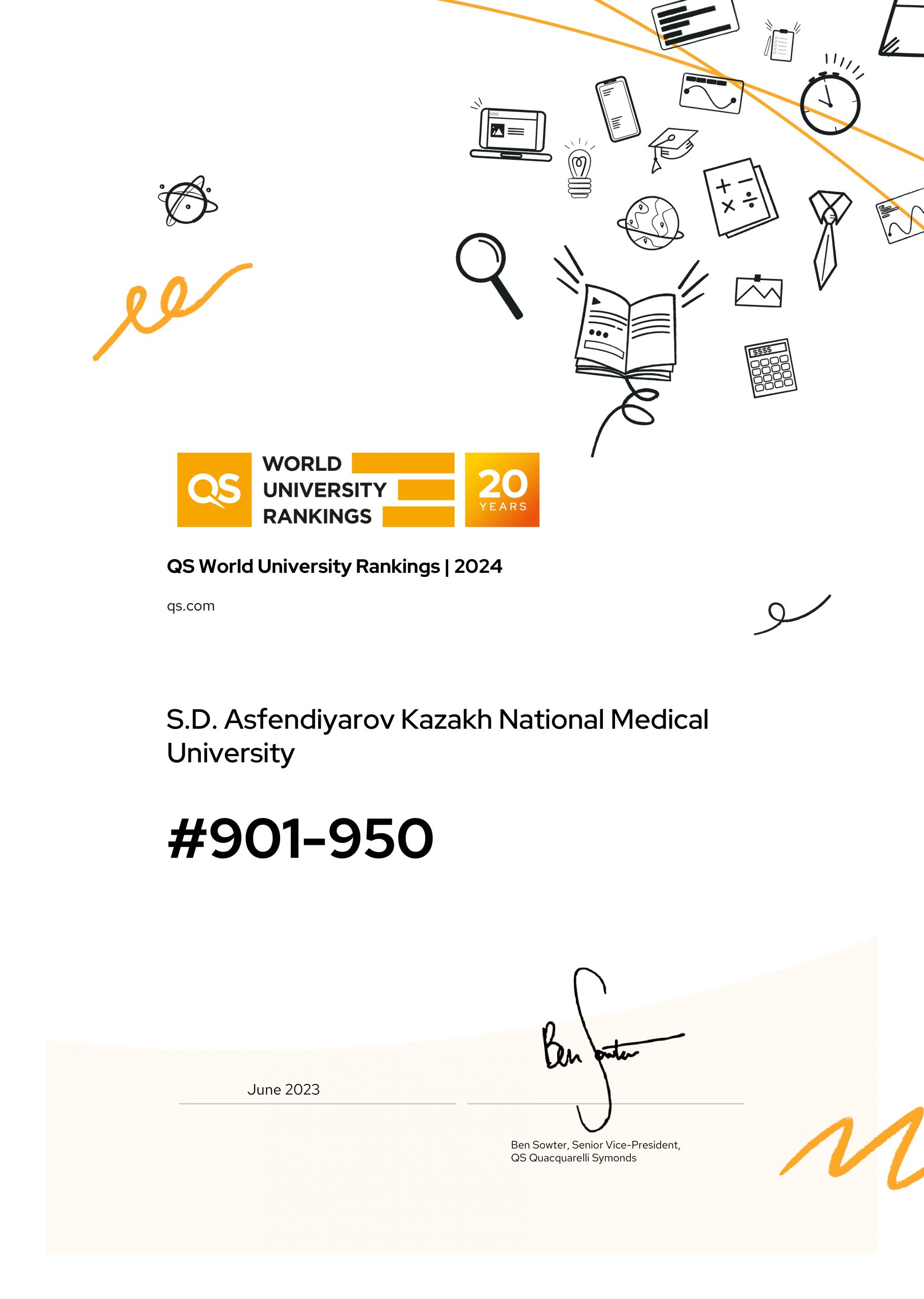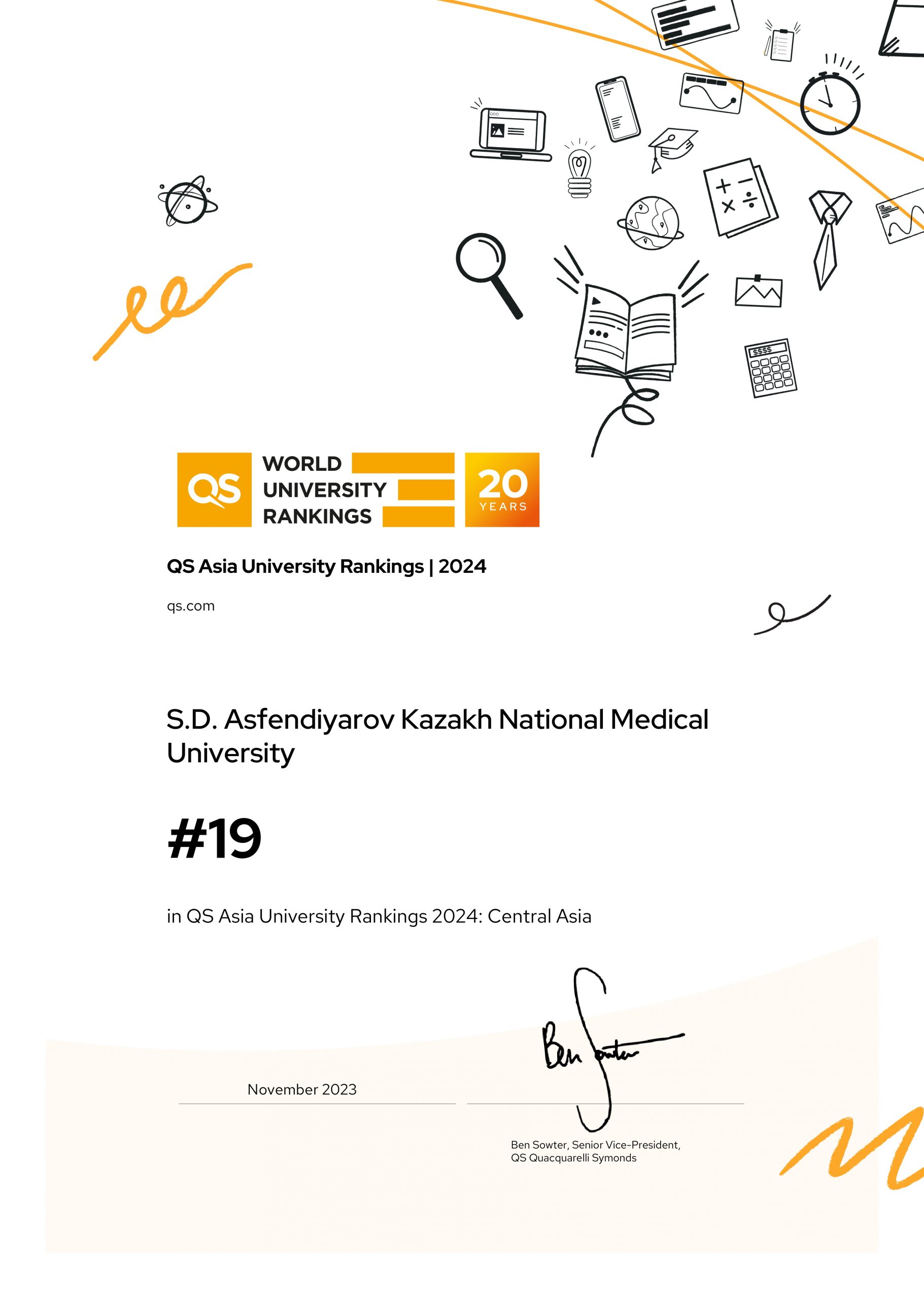The primary goal of the University Council is to coordinate and enhance research activities by engaging faculty members and students in addressing the strategic issues of scientific development at the University.
The objectives of the Scientific Council include:
- Developing the University’s scientific activity strategy;
- Enhancing the prestige of scientific work by improving the system of material and moral incentives based on the evaluation of the scientific activities of the University’s faculty and staff;
- Promoting and supporting public initiatives on the development and modernization of research work at the University;
- Identifying priority research topics (including initiatives, R&D projects, and international collaborations);
- Supporting the organization of ongoing scientific clubs, seminars, and societies within the University;
- Coordinating the Council’s work with other University departments and external organizations;
- Promoting multi-channel funding for the University’s scientific activities;
- Establishing Scientific Commissions on priority areas of research development;
- Approving the plans of the Scientific Commissions;
- Conducting project evaluations for participation in scientific competitions as announced by the Ministry of Health of the Republic of Kazakhstan, the Ministry of Education and Science of the Republic of Kazakhstan, the University, and other funding sources;
- Approving interim and final reports on scientific and/or scientific-technical activities of ongoing research, as well as monitoring the execution of research projects;
- Reviewing and recommending candidates for academic titles to the Committee for Control in the Sphere of Education of the Ministry of Education of the Republic of Kazakhstan;
- Approving and awarding academic and honorary titles, named scholarships, and university awards;
- Approving dissertation topics and research supervisors for master’s and PhD students;
- Coordinating the activities of the student scientific society and the council of young scientists at the University;
- Ensuring compliance with the quality management system requirements, the University’s quality policy, and other internal regulatory documents related to quality;
- Ensuring compliance with the anti-corruption management system requirements, anti-corruption policy, internal regulations, and legislative acts of the Republic of Kazakhstan related to anti-corruption.
Functions performed by the Council:
- Determining the forms and volumes of applications for grant funding, and recommendations for clinical research proposals for consideration by the Academic Council;
- Reviewing annual and final reports of research work for recommendations for consideration by the Academic Council;
- Reviewing research topics and the candidacies of scientific consultants for doctoral students and supervisors for master’s students;
- Reviewing scientific and methodological recommendations, monographs, and implementation acts;
- Inviting individuals to participate in Council meetings who are not Council members but have the necessary professional knowledge, without voting rights;
- Evaluating the scientific novelty, technical level, prospects, degree of development, and economic justification of proposed scientific and scientific-technical projects and programs;
- Creating temporary working groups to solve specific tasks;
- Assessing the needs of Asfendiyarov Kazakh National Medical University for new scientific directions;
- Conducting competitive selection of scientific, scientific-technical projects and programs for fundamental and applied research, as well as projects for the commercialization of the results of scientific and/or scientific-technical activities proposed for university budget funding;
- Reviewing interim and final reports on scientific and/or scientific-technical activities, commercialization of results of scientific and/or scientific-technical activities, as well as monitoring the implementation of scientific, scientific-technical projects and programs, and making decisions based on the results of such reviews;
- Timely implementation of the Strategic Directions and Development Program of the University within the scope of its activities and providing information on their implementation, including strategic indicators, upon request to the Strategic Monitoring Department;
- Facilitating the implementation of measures to improve the University’s quality management system (timely elimination of remarks, implementation of recommendations from external/internal audits, etc.);





